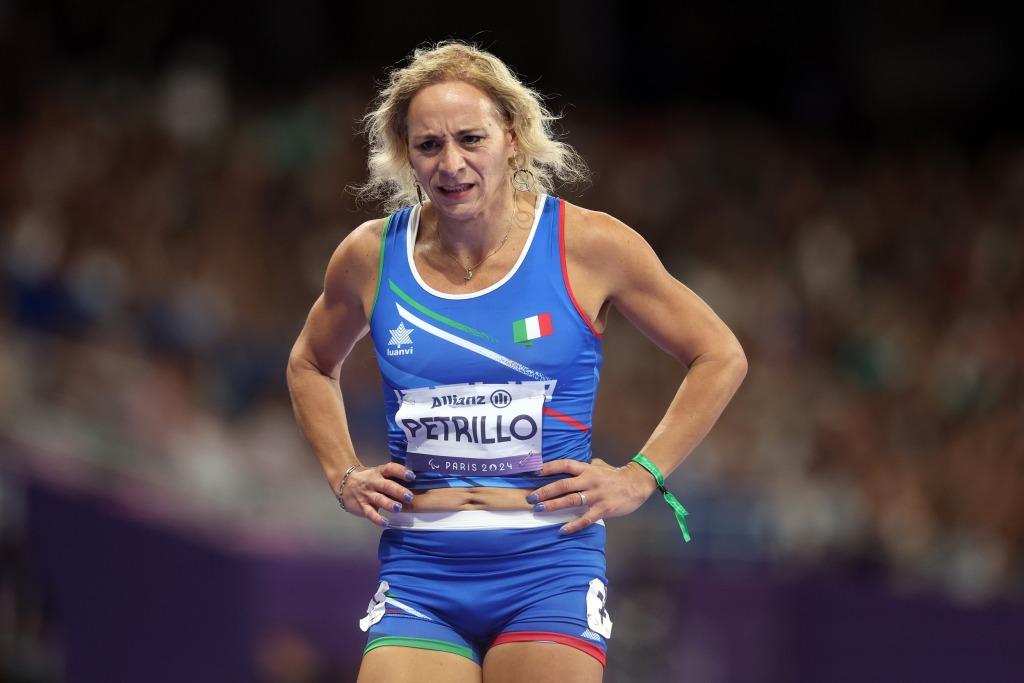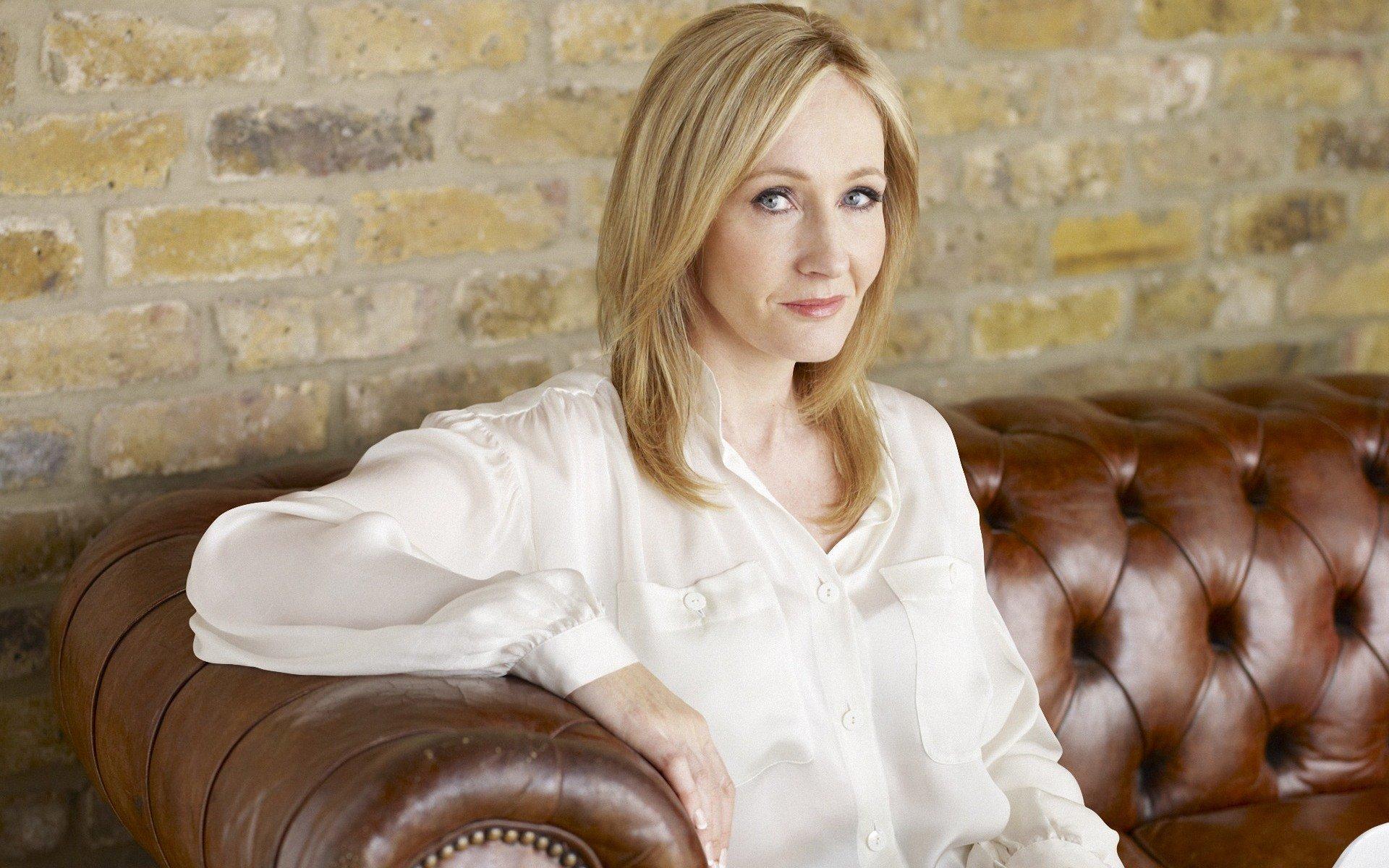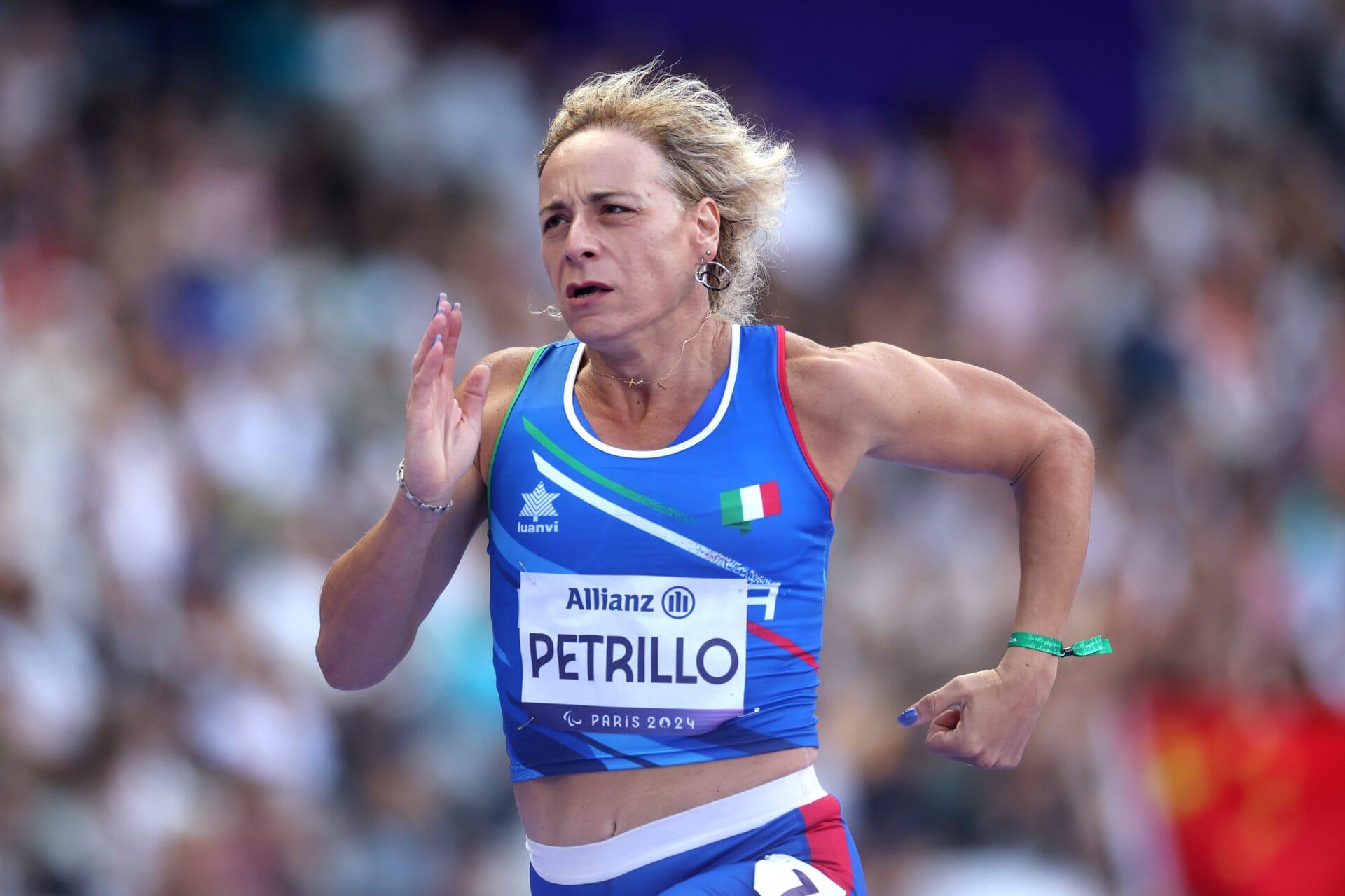In a fiery outburst that has sent shockwaves through the sports world, renowned author J.K. Rowling has called for a boycott of the Olympics in response to the decision to allow transgender athlete Valentina Petrillo to compete in the women’s team. Rowling, a vocal advocate for women’s rights, expressed her outrage on social media, claiming that the inclusion of Petrillo, a transgender woman, undermines the fairness of women’s sports.
Rowling’s comments were direct and forceful: “She is not a real woman, so why is she allowed to compete? Where is the fairness for the other girls?” Her words have sparked a heated debate on gender, fairness, and inclusivity in sports, with both supporters and critics voicing strong opinions.

The controversy stems from the growing visibility and participation of transgender athletes in women’s competitions. Petrillo, who has been competing successfully in various events, is now at the center of this contentious issue. Supporters of Petrillo argue that inclusion is essential for equality in sports, while opponents, like Rowling, contend that transgender women may have inherent physical advantages over cisgender women, which could skew the competitive balance.
Rowling’s statement has not only ignited the debate but has also had a tangible impact on the Olympic Games. Following her call for a boycott, ticket sales for the 2028 Olympics have seen a dramatic drop of nearly 40%, leading to a crisis for the organizing committee. The sharp decline in interest has raised concerns about the financial viability of the event, as sponsors, fans, and athletes alike grapple with the divisive issue.
The Olympic Committee, which has long championed inclusivity, is now facing intense pressure to address the controversy surrounding transgender athletes. While some organizations within the Olympic movement have emphasized the importance of diversity and inclusion, the recent backlash from high-profile figures like Rowling has highlighted the challenges of balancing those values with concerns about fairness in competition.
In response to the fallout, the Olympic Committee has promised to review its policies regarding the inclusion of transgender athletes and to engage in a broader discussion with stakeholders to ensure that future Olympic events remain fair and inclusive for all athletes. However, it remains unclear how the committee will address the growing divide over this issue.
For Rowling, the stakes are personal. As someone who has been outspoken on matters related to gender and women’s rights, her comments have resonated with many who share her concerns about the impact of transgender participation on women’s sports. Her call for a boycott is part of a broader campaign that has included public statements and written works defending the rights of women in the context of gender identity.
As the debate continues to unfold, the 2028 Olympics are now at the center of a storm that is testing the limits of inclusivity and fairness in the world of professional sports. The question remains: will the Olympics stand firm in its commitment to diversity, or will it reconsider its policies to address the concerns raised by figures like J.K. Rowling and others?
The story is far from over, and as the global conversation intensifies, the future of transgender athletes in competitive sports will continue to be a topic of passionate debate and scrutiny.
